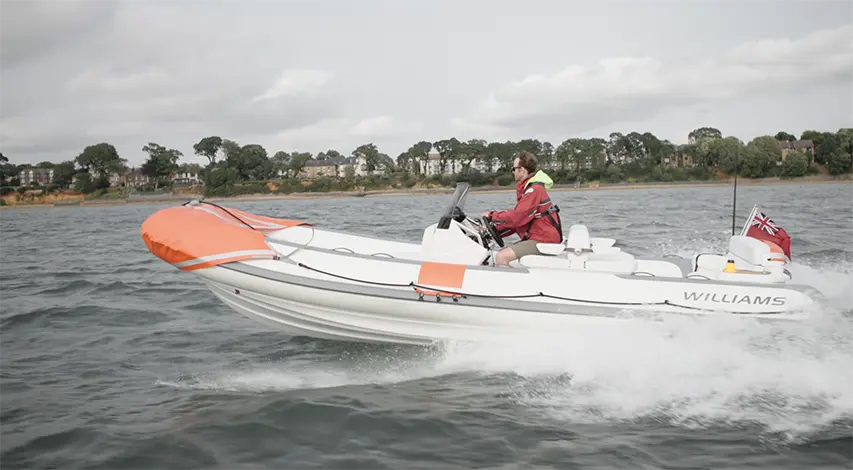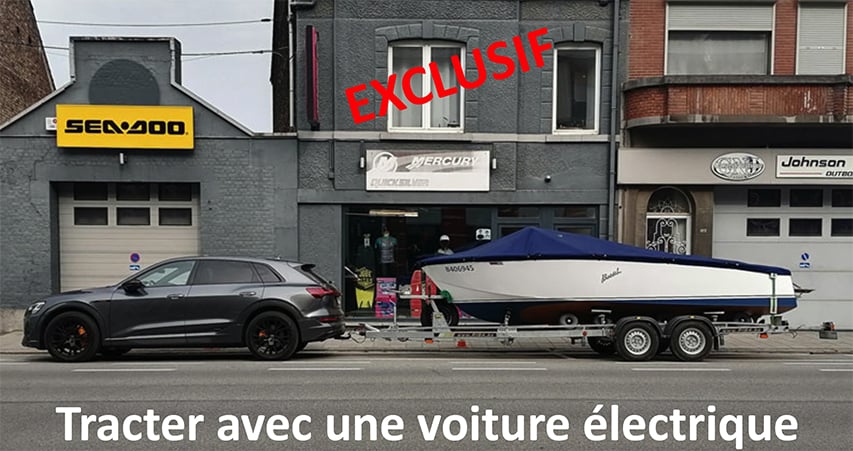This video showcases Giovanni Grasso, accompanied by his team, tests the BSC 85, propelled by twin 150-horsepower Honda engines, off Porto Riposto, close to the Etna vulcano.
BSC 85 RIB Test on Flat Waters
Sea conditions are flat. There are 3 persons on board during the test and the drone view shows 2 and they switched places. Later there’s only 1 person.
The consumption test holds particular significance for me. During test drives, RPM typically evolves per 500.
A small detail, the anchor locker is open.
As you can see in the test results below, the Honda engines seem to have a interesting fuel efficiency.
This video was published on the BSC COLZANI YouTube channel.
I’ve posted more videos of this Italian brand here on RIBsONLY.com.

